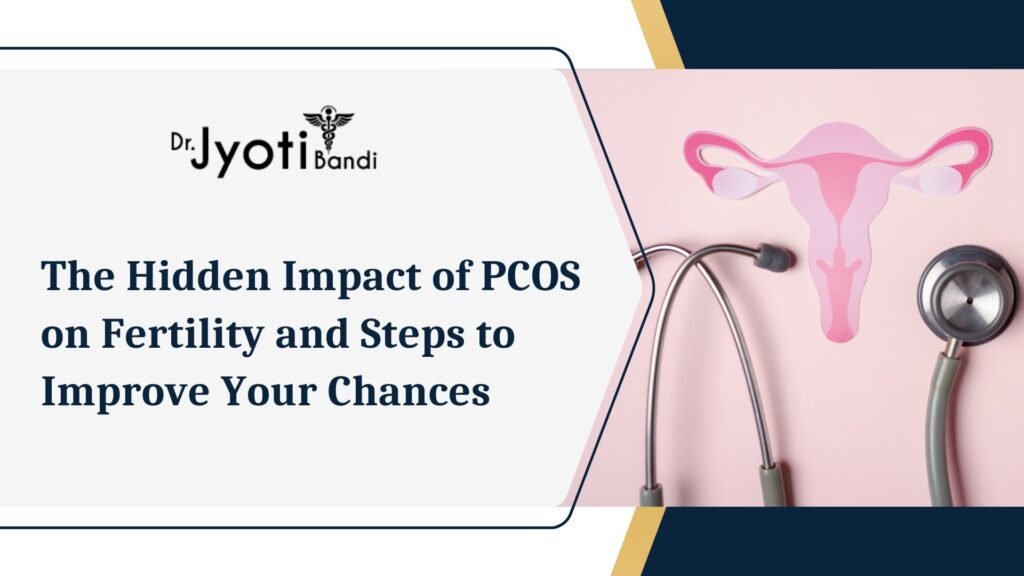Everything You Need to Know About IVF: 10 Common Questions Answered | Best IVF Centre In HSR Layout
IVF has emerged as one of the most common treatments for the people who are struggling with the problem of infertility. This is due to its increasing popularity and the growth in technology that has resulted in several questions that the prospective patients may ask. Below are 10 questions that are frequently asked regarding IVF and the detailed answers to them that can help to understand what to expect from the procedure.
1. What Exactly is IVF, and How Does it Work?
Some people still do not understand IVF, as this process is not like natural conception. IVF(Best IVF Centre In HSR Layout), or In Vitro Fertilization, is a process where eggs are removed from a woman’s ovaries, sperm is then added to the eggs in a laboratory, and the resulting embryo is placed in the uterus. This process avoids some fertility problems, allowing couples or individuals an opportunity to have children.
2. Is IVF Painful?
This is a common question, as people always think that it is going to be painful or uncomfortable. The fact of the matter is that IVF is a process that entails a number of procedures that may only be slightly uncomfortable and cannot be said to be painful for most women.
- Hormone injections: A small number of women may have some soreness or feel more emotional than usual.
- Egg retrieval: This is often done under general anesthesia so that the patient will not feel any pain when the surgery is being conducted.
- Embryo transfer: This step is relatively discomforting, it is like a pap smear.
Although it is different for each woman, most of them complain of only light pain or swelling.
3. What is the Success Rate of IVF?
The success rates are not guaranteed and differ from one case to another depending on factors such as age, fertility problems, and the clinic being used. This often makes people to question whether IVF is possible for them or not. In general:
- Under 35: The success rate can be as low as 42%.
- Ages 35-37: The rate decreases to about 34%.
- Over 40: Success rates average at between 10-15% only.
Thus, it is recommended to turn to a fertility specialist to get an individualized estimate of the chances based on your health and fertility history.
4. Are There Any Risks Associated with IVF?
As with any treatment, IVF has some potential complications, but most of them are not very serious.
- Ovarian Hyperstimulation Syndrome (OHSS): This may be due to the over stimulation of the ovaries by fertility drugs.
- Multiple pregnancies: IVF can result to multiples if more than one embryo is implanted.
- Ectopic pregnancy: Although it is unusual, an embryo may implant itself to a site other than the uterus.
It is always advisable to consult your doctor on risks so that you can know how to avoid them.
5. Will IVF Always Result in Twins or Triplets?
The belief that IVF causes multiple pregnancies is due to the past practice of putting more embryos to increase the chances of conception. In the present scenario, with the help of techniques, clinics prefer single embryo transfer (SET) in order to avoid multiple births. It is advisable to discuss with your doctor on the number of embryos to transfer depending on your situation.
6. Does IVF Guarantee Pregnancy?
The most that can be questioned is whether IVF will always be effective. However, one has to understand that IVF does not guarantee conception. Several factors can affect the outcome, such as:
- Egg quality: Good eggs improve the odds of success.
- Sperm quality: Sperm concentration and quality of motility are critical when it comes to fertilization.
- Uterine environment: Uterine health is, therefore, very important for implantation to take place.
7. Is IVF Only for Women with Fertility Problems?
One of the myths that many people have in mind is that IVF is for women who have issues with fertility. In reality, IVF can help a wide range of people, including:
- Patients with male factor infertility, that is, low sperm count or poor motility.
- Couples in same sex relationships who wish to start a family.
- People who wish to preserve fertility by freezing of eggs or sperms.
- Women who have unexplained infertility after attempting other procedures such as IUI (intrauterine insemination).
8. Is There a Difference between IVF Babies and the Naturally Borne Babies?
It is a concern that many parents have when they conceive through the IVF method that their babies may have some health complications. Studies have proven that IVF babies are in good health and they are not different from babies conceived through natural conception.
Certain researches also reveal that IVF babies may be monitored more often during pregnancy, and therefore any complications that may be associated with certain health issues may be detected early.
Of course, there are genetic risks for all the pregnancies, including IVF pregnancy, but the procedure does not cause health issues.
9. How Expensive is IVF?
The cost differs depending on the clinic, its location, and if any other procedures are necessary, for example, genetic testing.
IVF in the India is anywhere between 85,000 to 115,000 per cycle.
Miscellaneous expenses may be the cost of medicine, and other tests, as well as the cost of storing more embryos.
One needs to consult the insurance company and the clinic to know how much one is required to pay.
10. What Are the Emotional and Psychological Concerns of IVF?
IVF is stressful, and after going through it, one feels like one cannot handle the psychological pressure anymore. The emotional ups and downs include:
- Hormonal changes: Some of the fertility drugs cause changes in mood or anxiety.
- Uncertainty: The time that one has to wait between cycles or pregnancy tests is often a difficult time.
Final Thoughts
In Vitro Fertilization is a strong weapon that has assisted many couples or individuals to fulfill their desire of being parents. But, of course, it is quite logical to have some doubts and questions about the process. With these issues in mind, we aim to demystify IVF and make you better equipped to make decisions about your fertility treatments. It is always advisable to seek advice from a fertility specialist in order to get specific advice.
Some of the popular searches on Google:


